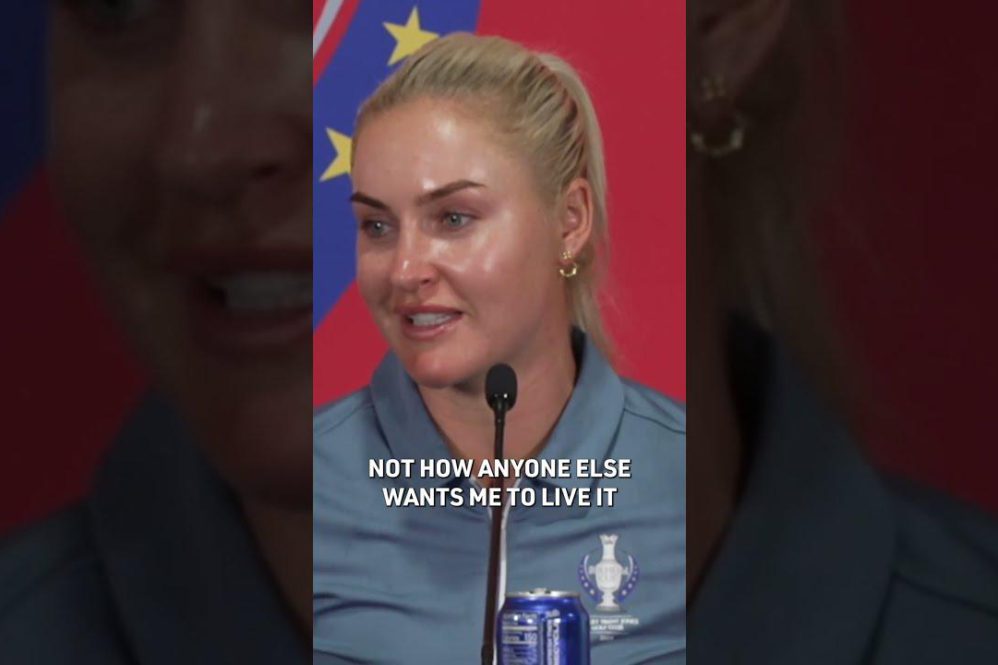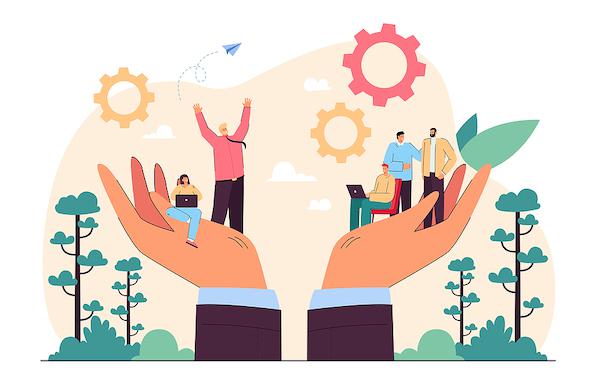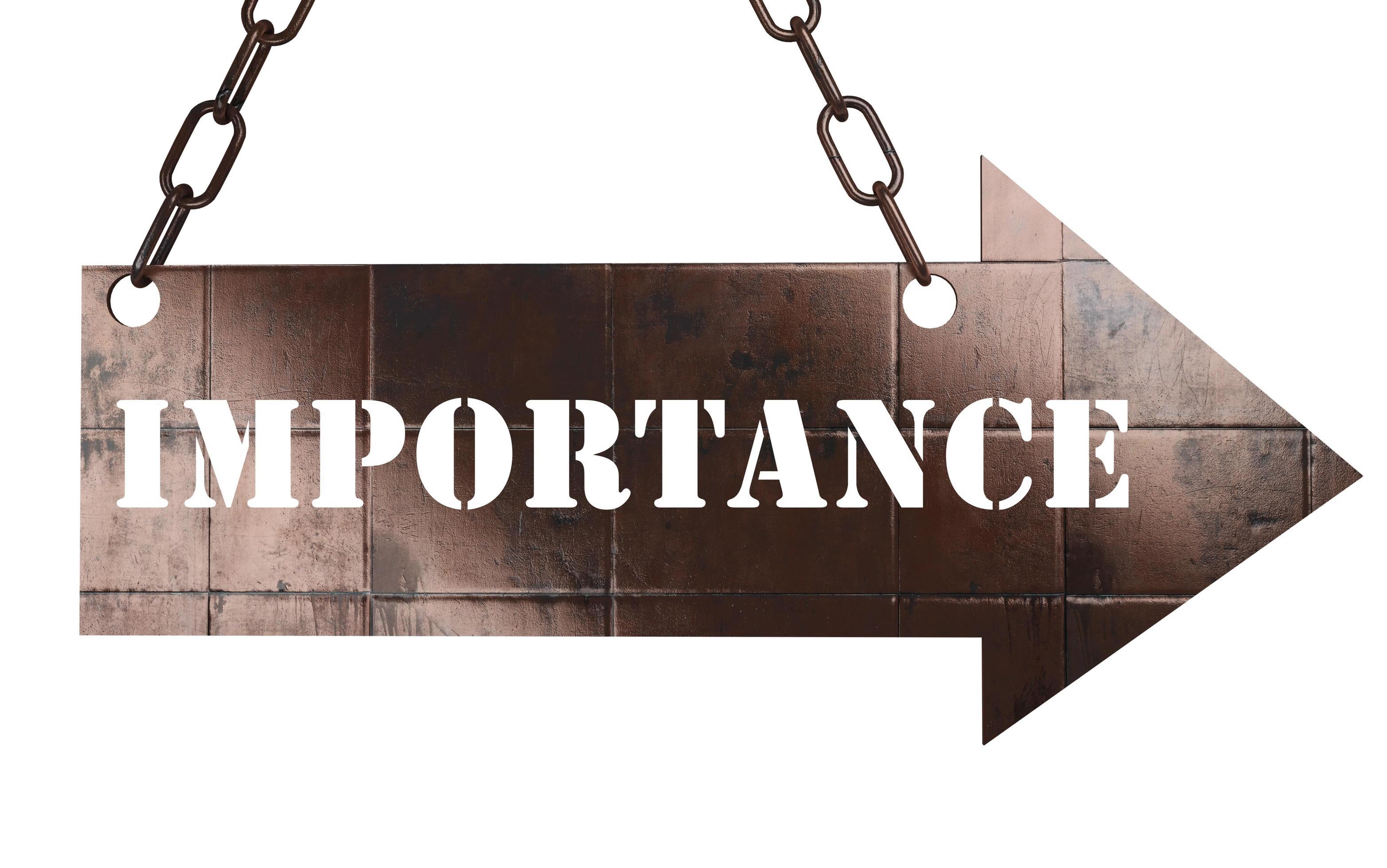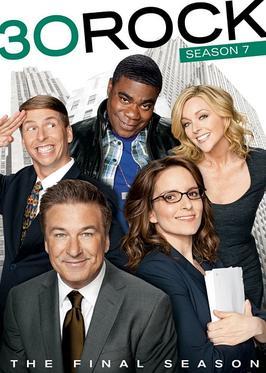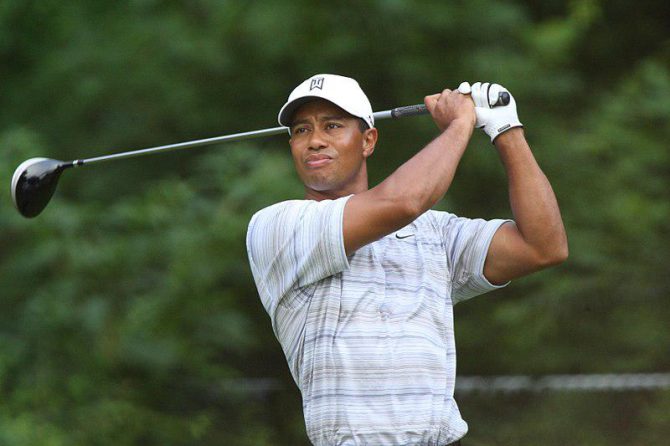Golf’s Social Media Discourse: The Impact on Players
Social media has become an integral part of our lives, and the golf community is no exception. However, navigating the social media landscape can be challenging, especially for professional golfers. In a recent YouTube video, Michael Block explores the complexities of online discourse in the golf world and the potential impact on players’ reputations and relationships.
Block highlights the potential for online comments and interactions to shape players’ reputations and relationships. While social media platforms offer opportunities for connection, they also present challenges in navigating with respect and professionalism. Block emphasizes the role of fans and media in fostering a positive and inclusive community.
In this blog post, we will take a closer look at the topics discussed in Block’s video and explore the impact of social media discourse on professional golfers. We will also provide tips on how to navigate online interactions in a respectful and professional manner.
Social Medias Amplifying Effect on Golfing Emotions
Social Media’s Amplifying Effect on Golfing Emotions
Golfers, by nature, are a passionate bunch. They love the game, and they love to talk about it. In the past, this conversation was mostly confined to the golf course or the 19th hole. But with the advent of social media, golfers now have a much wider platform to share their thoughts and feelings about the game.
This can be a good thing. Social media can help golfers connect with each other, share tips and advice, and celebrate the game’s great moments. But it can also be a breeding ground for negativity. Golfers who are frustrated with their game or a particular player or course can take to social media to vent their frustrations. And because social media amplifies everything, these negative comments can quickly spread and create a hostile environment.
To be fair, social media can also be a place for positive discourse. Golfers can use social media to praise great shots, celebrate victories, and share their love of the game. But the negative comments often seem to be louder and more attention-grabbing. This can make it difficult for golfers to have a positive and respectful conversation about the game.
| Tips for navigating social media discourse respectfully: |
|—|—|
| Think before you post. It’s easy to get caught up in the heat of the moment and say something you regret later. Take a few seconds to think about what you want to say and how you want to say it. |
| Be respectful of others. Even if you disagree with someone, there’s no need to be rude or disrespectful. Remember that everyone is entitled to their own opinion. |
| Avoid personal attacks. Focus on the issue at hand, not the person you’re disagreeing with. |
| Be open to compromise. It’s unlikely that you’re going to agree with everyone all the time. Be willing to listen to other people’s perspectives and find a common ground. |
| Don’t feed the trolls. Some people just enjoy arguing on social media. If you find yourself in a conversation with someone who is being disrespectful or argumentative, it’s best to just walk away. |
The Importance of Supportive Online Environments
Creating a Positive Space
Online spaces provide an opportunity for fans to connect with golfers, share their opinions, and engage in discussions about the sport. It is vital to foster a positive and inclusive environment where everyone feels welcome to participate. When individuals feel supported and respected, they are more likely to feel comfortable expressing their thoughts and perspectives.
Impact on Players
The online discourse can significantly impact golfers’ well-being and performance. Negative and disrespectful comments can take an emotional toll and hinder players’ confidence. On the other hand, positive and supportive interactions can boost players’ morale, strengthen their bonds with fans, and inspire them to perform better.
Social Media as a Medium for Personal and Professional Growth
The advent of social media has provided individuals, including professional golfers, with an unprecedented platform for personal and professional growth. By effectively utilizing social media, golfers can foster deeper connections with fans, promote their brands, and cultivate meaningful relationships. Through engaging content, authentic interactions, and a professional demeanor, golfers can leverage social media to enhance their careers and positively impact the golf community.
Golfers who embrace the opportunities offered by social media can gain valuable insights into their performance, receive constructive feedback, and develop relationships with sponsors and collaborators. By sharing their experiences, showcasing their skills, and engaging with followers, golfers can build a strong online presence that supports their professional ambitions. Furthermore, social media platforms offer opportunities for skill-sharing, mentoring, and professional development, enabling golfers to connect with industry experts and access exclusive resources.
Embracing Authenticity and Individuality
Social media offers players a unique platform to showcase their true selves, building a personal brand that extends beyond their golf achievements. Embracing authenticity allows them to connect with fans on a deeper level, establishing a genuine and relatable connection. Authenticity also helps players stay true to themselves, fostering a positive mindset and encouraging self-acceptance.
Recognizing and respecting individuality is paramount. Each player brings a unique perspective to the game, with their style, personality, and approach. Encouraging and celebrating individuality promotes inclusivity, fostering a sense of belonging for all players regardless of background or experience level.
Navigating the Social Media Landscape in Golf: Respect, Professionalism, and the Impact on Players
The online discourse surrounding golf has the potential to significantly impact players’ reputations and relationships. As highlighted by Michael Block in his recent YouTube video, it is crucial for fans and media to navigate these platforms with respect and professionalism. By fostering a positive and inclusive community, we can create an environment where players feel valued and supported.

